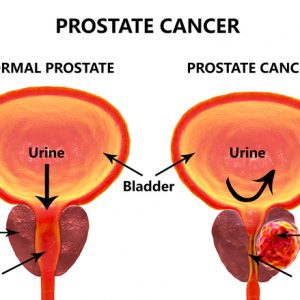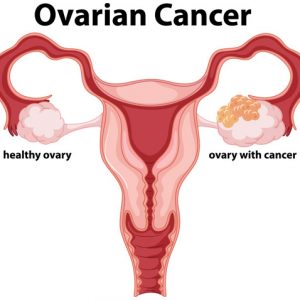
What is Lung Cancer?
Lung Cancer, as we all know, is cancer that begins from a place inside the lungs and often occurs in people that tend to smoke.
Types of Lung Cancer
Now, there are two major types of lung cancer – non-small cell lung cancer & small cell lung cancer. The main cause of lung cancer includes smoking, exposure to certain toxins, second-hand smoke, or family history.
Symptoms of Lung Cancer
Some symptoms of lung cancer include cough with blood, pain in the chest, weight loss, and wheezing (whistling sound while breathing). These symptoms don’t often appear until the cancer is in an advanced stage.
Treatment for Lung Cancer
Treatment for each case of lung cancer varies from the other. It can include surgery, chemotherapy, targeted drug therapy, radiation therapy, or immunotherapy.
Screening for Lung Cancer
Although you read the treatments above, but are you sure that you have Lung Cancer? Well, here is what you need to do to find out for sure. Screening for Lung Cancer. This is one way to make sure if you have lung cancer or not.
Screening is nothing but a test to check for cancer or any other disease within the right frame of time so that it can be cured with the right medications. A commonly recommended screening test for lung cancer is the ‘low-dose computed tomography, also known as, ‘low-dose CT scan’ or ‘LDCT’.
It is also recommended that only adults with no symptoms and a higher risk of lung cancer must get themselves screened for lung cancer. In case you are minor and are looking to get screening for lung cancer, make sure you visit a doctor that can guide you through the process. Getting a screening without consultation can have serious implications which is why it is never recommended.
Now coming back to how screening for lung cancer is done, we must tell you, first you will need to tie on a table and then an X-ray machine using a low dose of radiation will work to make detailed images of your lungs. This scan can take a few minutes but is not at all painful. Now, you must be wondering how to decide if you should get a screening for lung cancer done. It is simple. If you
- have a history of smoking heavily.
- smoke now
- have quit smoking within the past 15 years
- Are between 55-80 years of age
Now, let’s have a look at the benefits and risks of Screening for Lung Cancer;
Benefits of Screening for Lung Cancer
- CT scans can detect even the tiniest of nodules in the lungs and this makes detecting of lung cancer easy.
- A CT scan is fast and saves time.
- It is absolutely painless and non-invasive.
- After a CT scan, non of the radiation remains inside the patient’s body.
Risks of Screening for Lung Cancer
- Screening for lung cancer could likely produce a false positive result which would mean that you don’t have lung cancer but you would be detected with one. This could lead to several follow-up tests and surgeries that are not necessarily needed and might have a lot more risks.
- Lung cancer can find unique cases of cancer that haven’t been found before. This makes it even tougher to cure. It also means that it would need more diagnosis and that could lead to over-diagnosis and unwanted further treatments. A good diagnostic centre in Delhi can help in providing the best diagnosis for lung cancer.
- Repeated radiation from the LDCT tests can also in some rare cases cause cancer in healthy people.
- X-rays used in the LDCT have no immediate side effects and also don’t make a difference from metal parts in your body like pacemakers or artificial joints.
- Screening for lung cancer can reduce the number of deaths due to lung cancer in patients that are at higher risk of dying.
- A false negative would lead to miscommunications and could raise the level of complication in any patient with lung cancer. This could lead to mis-care.
- Not all lung cancer detected by the LDCT is found in the right curable stage.
This is why doctors only recommend screening for lung cancer to adults with higher risks of developing the disease due to a smoking history or older age. So, before making the decision to get yourself screened for lung cancer, consult your doctor to be sure about what is right for your health.
Also make sure that after your screening for lung cancer, you must only get yourself diagnosed from the best diagnostic centre in Delhi in case the screening results are positive.
The best way for you to reduce the risk of lung cancer is to not smoke and avoid second-hand smoke. Lung Cancer should not be your substitute to quit smoking.
For any queries relating to screening for lung cancer, you can reach out to experts at the Lifeline Laboratory. They will be able to help you with all your queries relating to screening for lung cancer and any other health related issues. You can also book your online blood test with them for a regular/routine check-up. The Lifeline Laboratory and other path labs in Delhi can help you in finding a solution to any and all of your health problems.


